Researcher Highlight
-
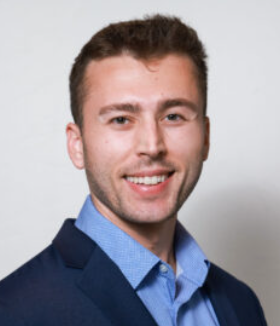
Researcher Highlight: Payton Stone
Payton Stone, 4th year Chemical Engineering Ph.D. Candidate in the Wilson Lab Summary of Research: Peptides, proteins, and nucleic acids make up many of the recently developed cancer immunotherapies, which function by activating intracellular pathways to elicit downstream signaling cascades, which in turn result in robust anticancer immune responses. Read MoreJan. 22, 2024
-

Researcher Highlight: Chloe Frame
Chloe Frame, 5th year Chemical Engineering PhD Candidate in the McCabe Lab Summary of Research: My work focuses on the outermost layer of the epidermis, the stratum corneum, which consists of corneocytes (dead skin cells) embedded in highly organized lipid lamellae. This lipid matrix is responsible for the barrier… Read MoreOct. 9, 2023
-

Researcher Highlight: Jason Valentine
Jason Valentine, Professor of Mechanical Engineering (primary) and Electrical Engineering; Deputy Director, Vanderbilt Institute of Nanoscale Science and Engineering Advances in optical materials and technologies have been a key enabler of the information age. Conventional free-space optical elements such as lenses, beam splitters, and polarization optics have, however, remained relatively… Read MoreOct. 6, 2023
-
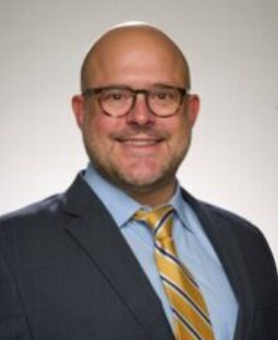
Researcher Highlight: Craig Duvall
Craig Duvall, Cornelius Vanderbilt Professor, Department of Biomedical Engineering; Professor, Ophthalmology and Visual Sciences; Professor, Chemical and Biomolecular Engineering The central dogma of biology is that genomic DNA encodes for messenger RNA (mRNA), which is then translated into proteins. Proteins are the fundamental units that drive the functions… Read MoreOct. 5, 2023
-
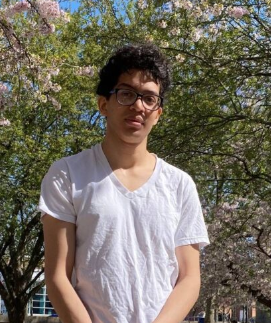
Researcher Highlight: Geordan Dorsey
Geordan Dorsey, a Fisk physics graduate student who uses VINSE facilities to take measurements. Gallium Oxide has been of particular interest in the last few decades due to its outstanding optoelectronic properties. The most important of these is its ultra-wide band gap of 4.8 eV, making it an… Read MoreOct. 5, 2023
-
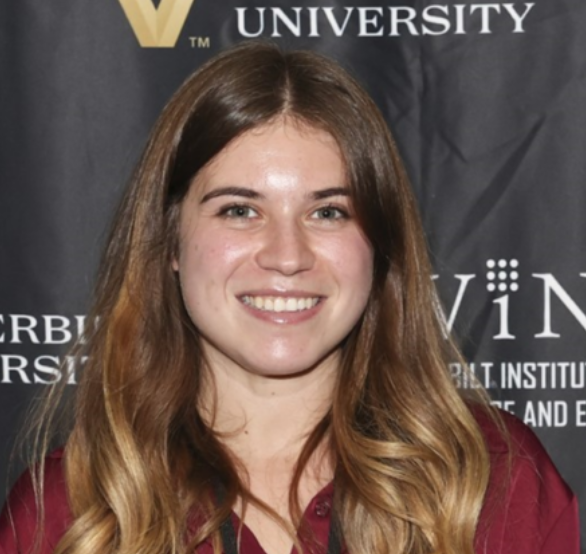
Researcher Highlight: Soren Smail
Soren Smail, 2nd year Interdisciplinary Materials Science graduate student in the Weiss and Laibinis labs In the past few years, the need for rapid and sensitive point-of-care diagnostics has become readily apparent, especially for monitoring and controlling viral transmissions. Optical biosensing is a promising alternative to widely used diagnostic… Read MoreOct. 4, 2023
-
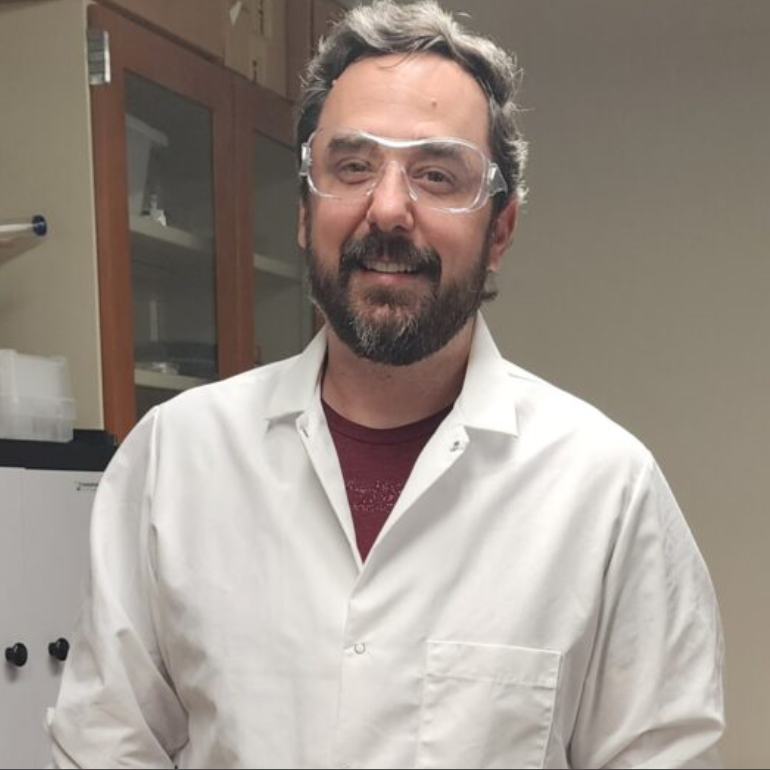
Researcher Highlight: Aaron Hunsaker
Aaron Hunsaker, a 5th year Ph.D. student in Professor Haglund’s Applied Optical Physics group. I came to Vanderbilt through the Fisk-Vanderbilt Bridge Program, where I received my master’s degree in physics before transitioning to the physics Ph.D. program at Vanderbilt. My master’s research involved fabricating and characterizing a ceramic scintillator… Read MoreOct. 4, 2023
-
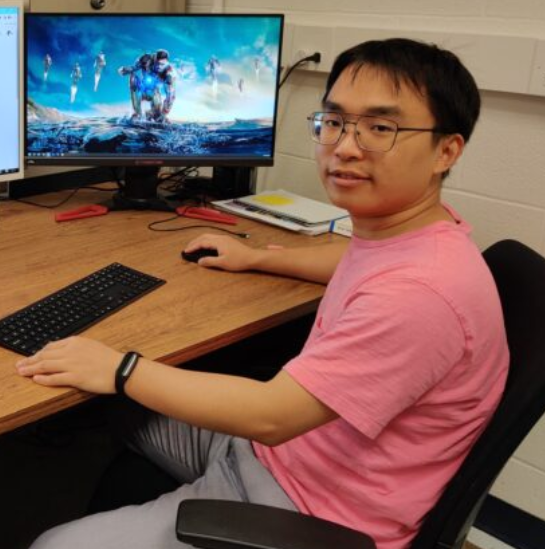
Researcher Highlight: Zhiliang Pan
Zhiliang Pan, a postdoc in Dr. Deyu Li’s Lab in the Mechanical Engineering department after earning his Ph.D. from the same lab in May 2023. Cooling technologies are important in a wide spectrum of engineering applications from thermal management of micro/optoelectronic devices to maintenance of comfort building environment. It is… Read MoreOct. 2, 2023
-
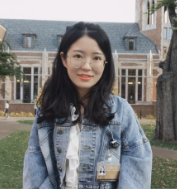
Researcher Highlight: Tian Zhu
Tian Zhu, 5th year Chemical and Biomedical Engineering graduate student in the Rafat Lab While radiation therapy (RT) is an efficient treatment for patients with triple negative breast cancer, patients continue to experience recurrence after RT. The extracellular matrix (ECM) in the tumor microenvironment plays a major role in… Read MoreJan. 5, 2023
-
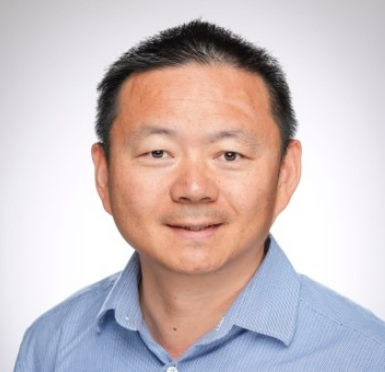
Researcher Highlight: De-en Jiang
Professor of Department of Chemical & Biomolecular Engineering; Professor of Department of Chemistry Energy-efficient chemical transformations and separations are key to solving our society’s many issues toward substantiality. The long-term goal of the Jiang Research Group is to achieve data-driven design and discovery of functional materials and molecules for… Read MoreJan. 5, 2023